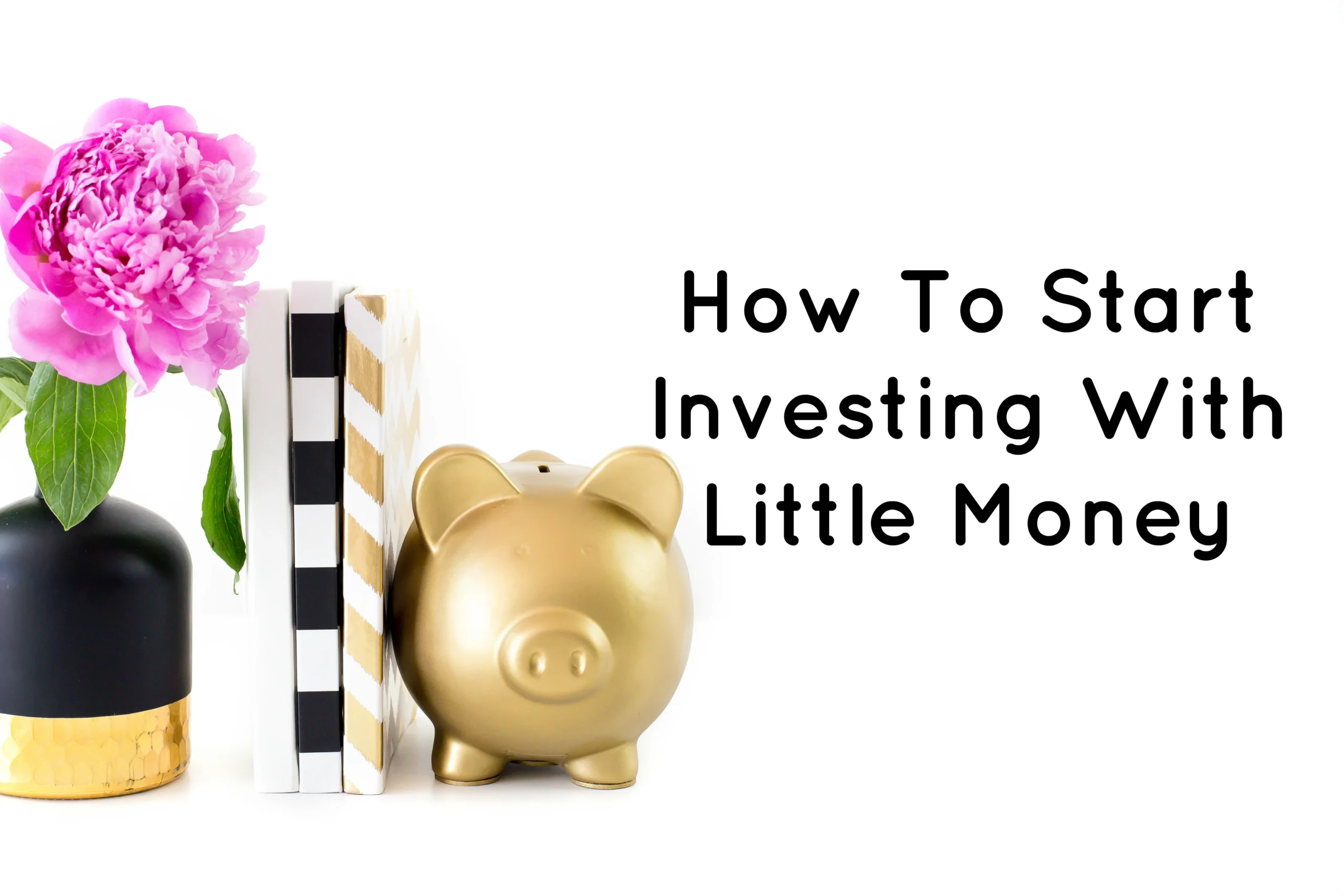Learning how to start investing with little money can seem daunting, especially if you don’t have a lot of funds to begin with. However, with the right strategies and a bit of knowledge, you can begin building your investment portfolio even on a small budget. Here’s how to start investing with little money
1. Set Clear Financial Goals
Before you start investing, it’s important to have clear financial goals. Determine what you want to achieve with your investments. Are you saving for retirement, a down payment on a house, or a future vacation? Knowing your goals will help you choose the right investment strategy and keep you motivated.
2. Create a Budget
Creating a budget is crucial to identify how much money you can afford to invest. Review your income and expenses to see where you can cut back and allocate some funds toward investing. Even small amounts can add up over time.
3. Start with a High-Yield Savings Account
If you’re new to investing, a high-yield savings account can be a good starting point. It’s low risk and offers better interest rates than traditional savings accounts. This can be a good place to park your money while you learn more about other investment options.
4. Use Micro-Investing Apps
Micro-investing apps like Acorns, Stash, and Robinhood allow you to start investing with as little as $5. These apps round up your everyday purchases and invest the spare change in diversified portfolios. They are user-friendly and offer educational resources to help you understand the basics of investing.
5. Invest in Exchange-Traded Funds (ETFs)
ETFs are a great option for new investors with limited funds. They offer diversification by investing in a wide range of stocks or bonds and often have lower fees compared to mutual funds. You can buy ETFs through most brokerage accounts with no minimum investment requirements.
6. Take Advantage of Employer-Sponsored Retirement Plans
If your employer offers a 401(k) or similar retirement plan, take advantage of it, especially if they offer a matching contribution. Even small contributions can grow significantly over time due to the power of compound interest. Plus, the employer match is essentially free money.
7. Consider Robo-Advisors
Robo-advisors like Betterment and Wealth front provide automated, low-cost investment management services. They create a personalized portfolio based on your risk tolerance and financial goals. You can start with a small amount and gradually increase your contributions.
8. Educate Yourself
Investing wisely requires knowledge. Read books, follow financial blogs, listen to podcasts, and take online courses to improve your understanding of investing. The more you know, the better decisions you can make.
9. Be Consistent
Consistency is key to building wealth over time. Set up automatic transfers to your investment accounts to ensure you’re contributing regularly. Even small, regular contributions can grow significantly due to compounding returns.
10. Stay Patient and Avoid Emotional Decisions
Investing is a long-term game. Market fluctuations are normal, and it’s important not to make impulsive decisions based on short-term volatility. Stay patient, keep your goals in mind, and stick to your investment plan.
Conclusion
Starting to invest with little money is entirely possible and can be highly rewarding. By setting clear financial goals, creating a detailed budget, and utilizing the right tools and resources, you can confidently begin your investment journey today. It’s important to remember that the key to successful investing is to start early, stay consistent, and continually educate yourself about the market. Investing regularly, even with small amounts, can lead to significant growth over time due to the power of compound interest. Be patient, avoid emotional decisions, and keep learning to adapt to market changes. Happy investing!




